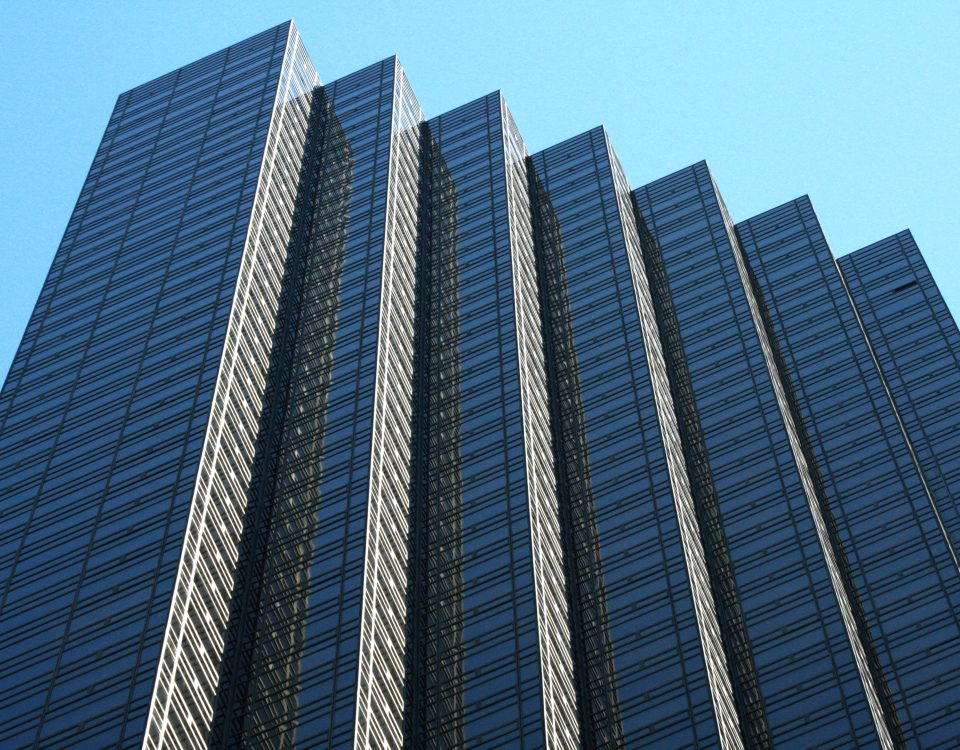Calculating Your Cap Rate and Creating Positive Leverage

What is Internal Rate of Return (IRR) and Why Does it Matter?
June 8, 2017
Financing Your Property with a Cross-Collateralization Loan
July 21, 2017The capitalization rate, or cap rate for short, is the rate of return on an investment property based on the amount of income it’s expected to generate in the present year. By calculating the cap rate of a property, you can see the potential rate of return on an investment. Compare the cap rates of multiple properties to see which one is the wisest investment.
Calculating the cap rate
The equation to manually calculate a cap rate is fairly simple. All you have to do is calculate the investment property’s net operating income (NOI) by subtracting the total operating expenses from the total operating revenue. Then, you divide the result by the value of the property.
total operating revenue – total operating expenses = Net Operating Income (NOI)
Net Operating Income (NOI) / value of property= Cap Rate
Let’s go through this with an example. Suppose that you’ve just bought office space for your growing business valued at $800,000. In the coming business year, you expect to earn $300,000, but it costs you $200,000 to maintain your office space and run your business.
Step 1: Calculate the NOI
When you subtract your total operating expenses from your total operating revenue, you find that your NOI is $100,000.
$300,000 – $200,000 = $100,000
Step 2: Calculate the Cap Rate
To calculate the cap rate, you divide your previously calculated NOI by the value of the investment property to find that the cap rate is 0.125, or 12.5%.
$100,000$800,000= 0.125
Creating positive leverage
Don’t rely on the cap rate alone when evaluating an investment. It is important to consider all aspects of an investment property, such as the loan amount and the loan interest rate, before you decide to take the plunge.
Having positive leverage means that you have enough return on your investment property to pay back the loan. To create positive leverage, buy property with a cap rate above the interest rate, ideally with a large margin of difference. This will ensure you have a high return on your equity.
For more information on cap rates and creating positive leverage, check out the following links:
Oh how to calculate a cap rate
On how to know what a good cap rate is
Mortgage Rates
DSCR Mortgage: 7.375%
Commercial Mortgage: 7.5%
Single family, Condo Investment Property: 7.375%
Portfolio of Residential Homes: 7.5%
Calculate Your Monthly Payment
Mortgage Information
Monthly Payment
Principal and Interest: $0
Total Monthly Payment: $0
Mortgage Rates
DSCR Mortgage: 7.375%
Commercial Mortgage: 7.5%
Single family, Condo Investment Property: 7.375%
Portfolio of Residential Homes: 7.5%
Calculate Your Monthly Payment
Mortgage Information
Monthly Payment
Principal and Interest: $0
Total Monthly Payment: $0





